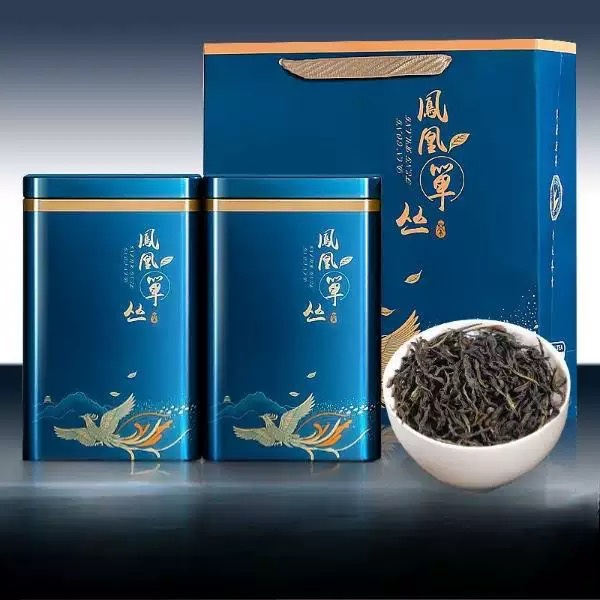The Cultural Significance of Oolong Tea in China

# The Cultural Significance of Oolong Tea in China
## Introduction to Oolong Tea
Oolong tea, known as “wūlóng chá” (乌龙茶) in Mandarin, holds a special place in Chinese culture. This partially oxidized tea bridges the gap between green and black teas, offering a unique flavor profile that has captivated tea enthusiasts for centuries.
## Historical Roots
The origins of oolong tea trace back to the Fujian province during the Ming Dynasty (1368-1644). Legend suggests the tea was named after its discoverer, Wu Liang, whose name gradually transformed into “wulong” (black dragon) due to the dark, twisted appearance of the tea leaves.
## Cultural Symbolism
In Chinese tradition, oolong tea represents:
– Balance between yin and yang
– Harmony with nature
– Refinement and sophistication
– Social connection and hospitality
## Tea Ceremony Traditions
The Gongfu tea ceremony, particularly popular in Fujian and Guangdong provinces, often features oolong tea as the centerpiece. This elaborate preparation method emphasizes:
– Precise water temperature control
– Multiple short infusions
– Appreciation of aroma and flavor evolution
– Shared experience among participants
## Regional Variations
Different regions have developed distinct oolong tea styles:
Keyword: Oolong Tea in Chinese Culture
Region | Notable Oolong Varieties
Fujian | Tieguanyin, Da Hong Pao
Guangdong | Phoenix Dancong
Taiwan | Dong Ding, Oriental Beauty
## Modern Cultural Impact
Today, oolong tea continues to play a vital role in Chinese society:
– Business meetings often begin with oolong tea service
– Family gatherings frequently feature shared tea sessions
– Tea appreciation remains a respected art form
– Oolong tea tourism has grown in production regions
## Health and Wellness Connections
Traditional Chinese Medicine values oolong tea for its:
– Digestive benefits
– Metabolism support
– Mental clarity enhancement
– Antioxidant properties
The cultural significance of oolong tea in China extends far beyond its role as a beverage. It serves as a living connection to history, a medium for social interaction, and an expression of Chinese philosophical values. As both tradition and innovation continue to shape its production and consumption, oolong tea remains an enduring symbol of Chinese cultural heritage.

